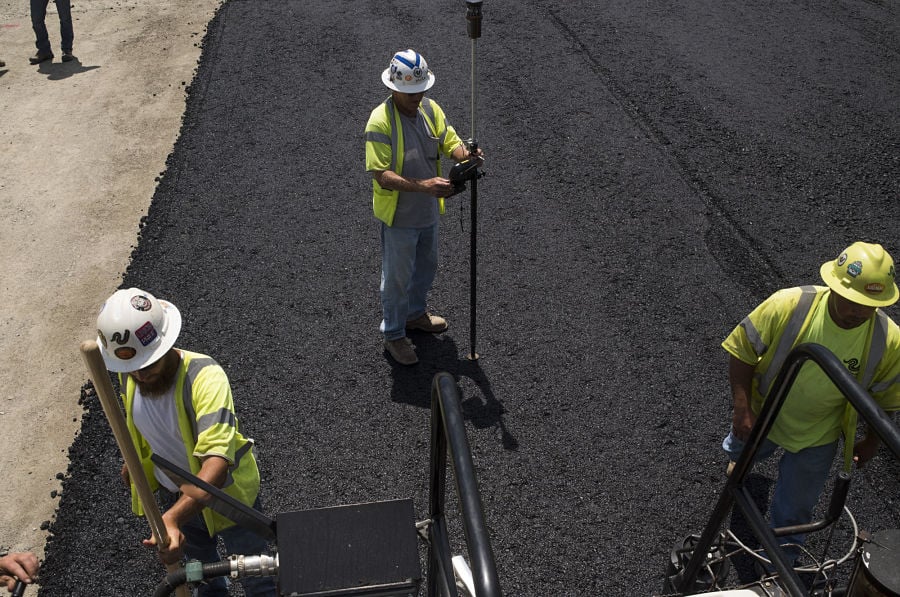Politics aside, one corner of Wall Street is likely welcoming Democrats' talk of raising taxes on the rich.
Higher rates tend to be a good thing for the $3.8 trillion state and local government bond market, a haven for investors looking for income that's exempt from federal taxes. And progressive Democrats looking to define their party's platform ahead of next year's presidential election have made boosting rates on the wealthiest Americans a key part of their agenda, seeking to seize on discontent with rising income inequality.
If history is any guide, that might be a good thing for returns, at least temporarily. Municipal bonds outperformed Treasuries soon after the election of Bill Clinton, who raised the top marginal rate in 1993, according to Bloomberg Barclays indexes. The same thing happened under Barack Obama, when the expiration of previous cuts for the highest earners in 2013 was followed by a run of outperformance by munis.https://cdn-res.keymedia.com/investmentnews/uploads/assets/graphics src="/wp-content/uploads2019/02/CI11864624.PNG"
In a note published to clients Monday, municipal bond analysts at Bank of America Corp., the biggest underwriter of the securities, said it's more likely now that tax rates will go up than down.
"If their taxes are going up, they will continue to look for tax shelters, so munis will continue to look good," said Wendy Casetta, portfolio manager for Wells Capital Management. "From that standpoint, I think demand will improve."
Analysts have cited President Donald J. Trump's tax overhaul as a reason for higher demand for municipal bonds in wealthy, high-tax states like California and New York, where residents are being affected by a cap on their ability to deduct state and local taxes from their federal income.
The Democratic takeover of the House of Representatives has increased discussion about raising taxes. Rep. Alexandria Ocasio-Cortez, a New York progressive, has floated nearly doubling the top marginal rate to 70% on income above $10 million.
Sen. Bernie Sanders, who previously sought the party's presidential nomination, has proposed an
estate tax including a rate of 77% on the value of estates above $1 billion. And
Sen. Elizabeth Warren, a presidential hopeful, has suggested placing a 2%
tax on annual wealth above $50 million and a 3% tax on wealth above $1 billion.
One investor said it's too soon to trade on speculation surrounding the 2020 presidential race, though the discussion may increase interest in the securities.
"I think it's so early in the game and there are going to be people throwing their names in the hat," said Jim Sarni, managing principal at Payden & Rygel. "If anything, this is likely to lead to municipals remaining well-bid and rich relative to taxable instruments just because of the inherent risk of higher taxes down the road."
(More: Banks continue to unload munis in third quarter)







